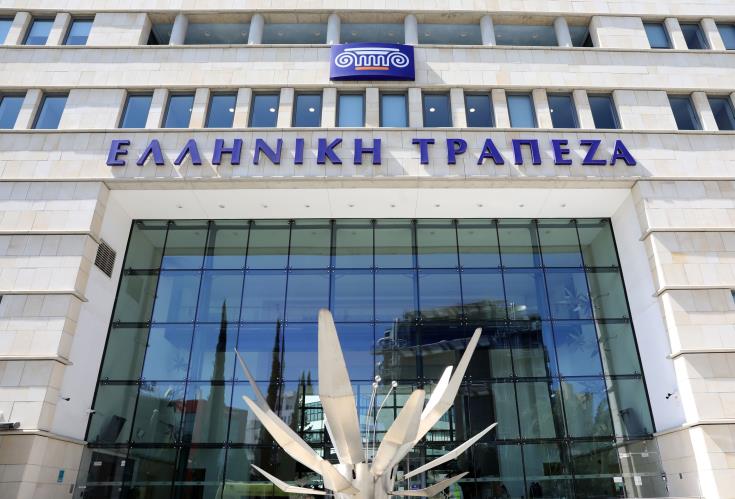Starbucks’ UK Tax Contributions Scrutinized Amid Profit Surge
Starbucks, the global coffee giant, has reported a gross profit of £149m on sales of £548m in the UK, yet its corporation tax payment to the Treasury remains under scrutiny. Despite the significant earnings, the UK division paid a modest £7.2m in corporation tax for the last year. This figure is dwarfed by the £40.4m in royalty and licensing fees paid to its parent company, Starbucks EMEA, which oversees operations across 42 countries.
The payment structure has drawn criticism from various quarters, with claims that it minimizes the tax burden in the UK. Starbucks EMEA itself paid a substantial $325m dividend to the Seattle-based parent company, contributing to a global profit of $5.8bn. Howard Schultz, the company’s billionaire former CEO, holds shares valued at over $2bn.
Since its UK inception in 1998, Starbucks has faced public and regulatory scrutiny over its tax practices. Revelations in 2012 showed that the company had paid only £8.6m in taxes on £3bn in UK sales over 14 years.
In a year marked by expansion, Starbucks opened 102 new stores and saw its UK workforce grow to 5,682. After accounting for administrative expenses, the UK division’s pre-tax profits stood at £16.9m, leading to the £7.2m tax payment.
Claire Ralph from Taxwatch highlighted that the tax paid by Starbucks in the UK is “derisorily low,” attributing this to high offshore payments for royalties and licensing. Paul Monaghan of the Fair Tax Foundation echoed these concerns, noting that intra-company charges have increased significantly, reducing the UK tax liability.
Despite these criticisms, Starbucks points out that its effective tax rate is 42.4%, based on its pre-tax profits. Duncan Moir, President of Starbucks EMEA, expressed pride in the company’s 25-year presence in the UK and EMEA regions and credited revenue growth to the efforts of their team.
As debates on corporate tax contributions continue, Starbucks’ financial strategies remain a focal point for tax fairness advocates and regulatory bodies alike.






